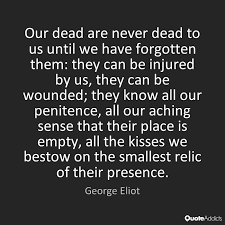Hello guys.
Different religions/beliefs/ways of life have different nature to their endings. Islam, for example, is a religions that has Hell physical, on the one hand, that one would experience pain and suffering similar to the way they do in this life as we know it. Extreme heat and cold is felt, skin burns and bones crack similarly, giving similar pain and agony. Paradise on the other hand is also physical that everything good we want in this life is similarly enjoyed, albeit (on a side note witch is another story) with no constraints and it can be achieved with simple desires.
Hell in the Islamic view is a place that no way in hell I'd visit and I'd try to avoid what could cause that as much as I can. Paradise is a place that no way in hell (or in paradise, lol) I'd NOT want to visit, and accordingly would try to do what could cause that. My way of life is heavily affected by this. It gives a purpose to me, a true meaning of life instead of just living randomly feeling lost.
What about you?
The thread covers all, including the non religious.
Different religions/beliefs/ways of life have different nature to their endings. Islam, for example, is a religions that has Hell physical, on the one hand, that one would experience pain and suffering similar to the way they do in this life as we know it. Extreme heat and cold is felt, skin burns and bones crack similarly, giving similar pain and agony. Paradise on the other hand is also physical that everything good we want in this life is similarly enjoyed, albeit (on a side note witch is another story) with no constraints and it can be achieved with simple desires.
Hell in the Islamic view is a place that no way in hell I'd visit and I'd try to avoid what could cause that as much as I can. Paradise is a place that no way in hell (or in paradise, lol) I'd NOT want to visit, and accordingly would try to do what could cause that. My way of life is heavily affected by this. It gives a purpose to me, a true meaning of life instead of just living randomly feeling lost.
What about you?
The thread covers all, including the non religious.

